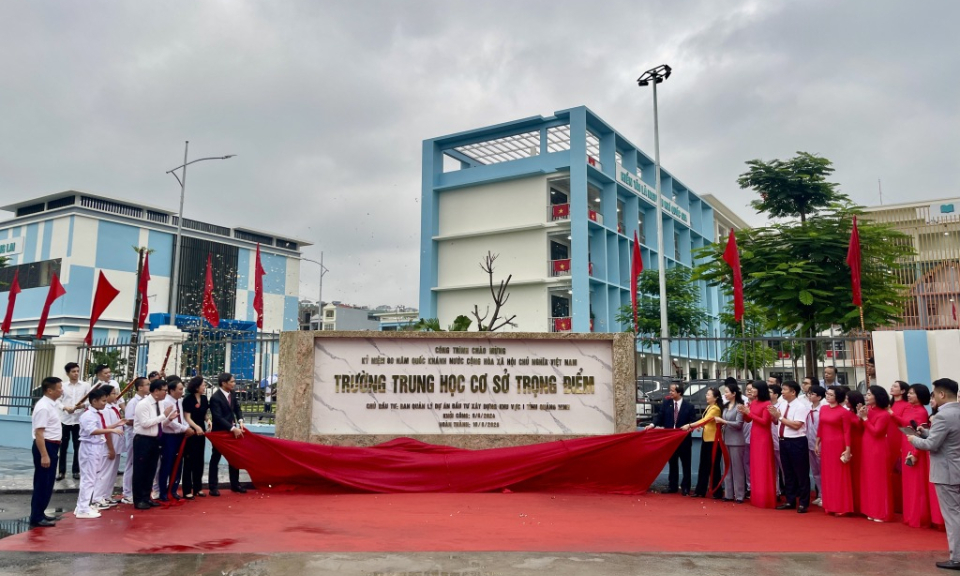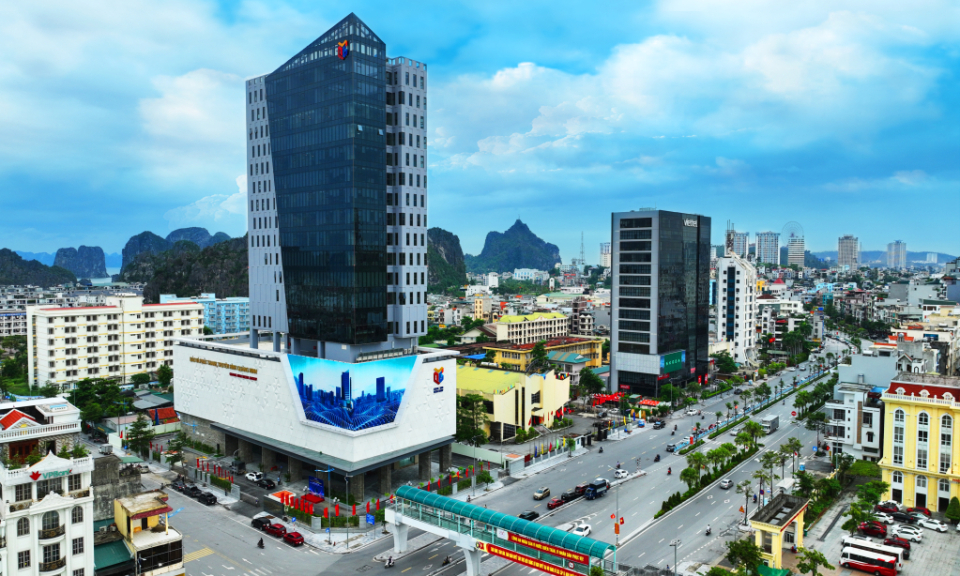Empowering the private sector: From policy to practice
The issuance of Resolution No. 68-NQ/TW by the Central Executive Committee on May 4, 2025, marked a strategic turning point, reaffirming the development of the private sector as a cornerstone for building an independent, self-reliant, and sustainably growing economy. Quang Ninh province has taken bold, proactive steps to translate policy into action, creating a business environment that empowers private enterprises to flourish and contribute meaningfully to socio-economic development.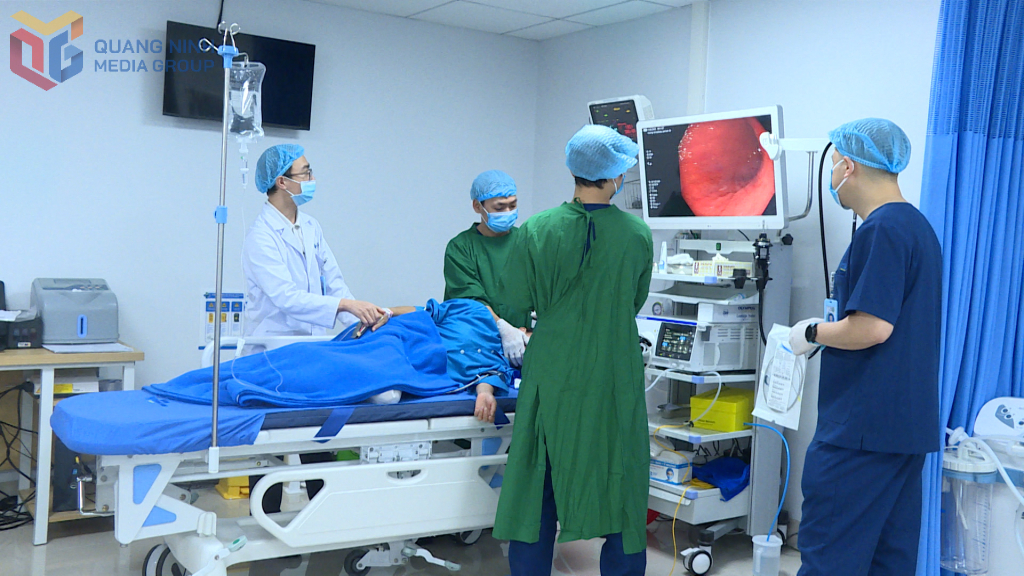
Quang Ninh has recently seen a remarkable rise in private sector activity, both in scale and substance. As of mid-2025, the province boasts over 12,000 active enterprises, with private businesses accounting for nearly 98%.
This dynamic sector contributes more than 57% of the province’s GRDP and generates employment for a large portion of the local workforce. These results reflect a sustained effort to reform the investment climate, engage closely with businesses, and unlock non-budget resources early on.
One standout example is the Hanoi - Quang Ninh International General Hospital, a privately invested medical facility that officially opened its doors in early 2025. Spanning 12,000 square meters, the hospital can accommodate 200-500 patient visits daily, and has partnered with leading central hospitals to bring advanced medical expertise closer to the people.
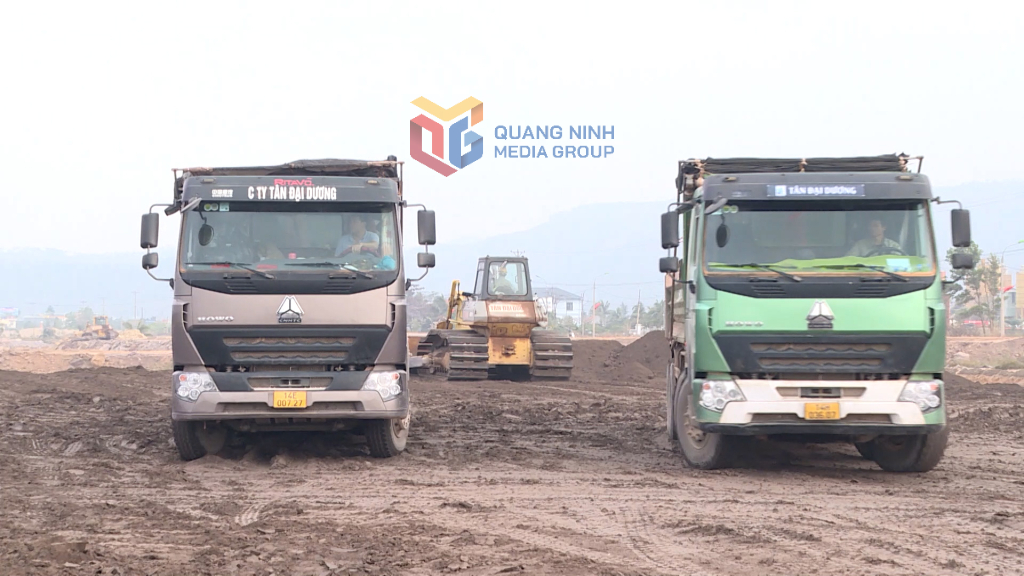
According to Director of Thuan Viet Medical Co., Ltd., Nguyen Thi Nga, the hospital’s operator, the next step is expanding health insurance services to reach broader patient groups, reduce treatment costs, and ease pressure on public healthcare facilities, thereby advancing healthcare socialization across the province.
The private sector's transformation in Quang Ninh extends beyond services into industrial infrastructure development. A prime example is Tan Dai Duong International Import-Export JSC, which has moved into industrial real estate after establishing a strong foothold in logistics and trade. In 2025, the company broke ground on two major industrial clusters in Hiep Hoa ward and Dien Xa commune, totaling 64 hectares and representing an investment of nearly VND 1,000 billion.
According to Chairman Nguyen Van Thanh, the company is accelerating construction to deliver high-quality infrastructure that can attract hundreds of secondary investors and create thousands of local jobs. These projects follow a clean, sustainable industrial model with strong regional connectivity, well-aligned with Quảng Ninh’s long-term development strategy.
These success stories stem from a clear vision backed by consistent, determined execution. The introduction of Resolution 68 provided the private sector with a strategic boost, reaffirming its role as one of the most powerful engines of Vietnam’s socialist-oriented market economy.
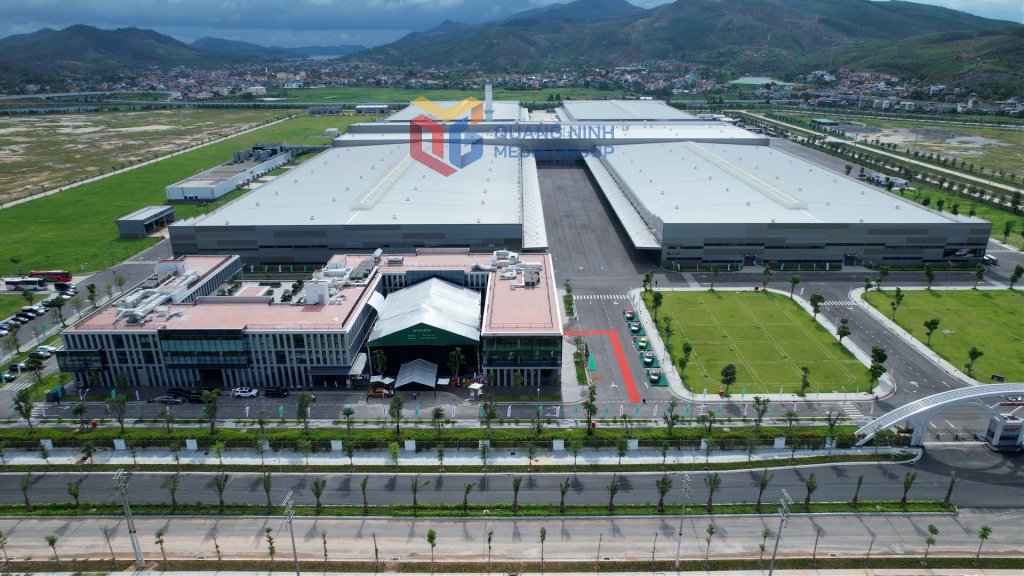
In response, Quang Ninh enacted Plan No. 547 on June 6, 2025, outlining practical reforms to facilitate land access, credit, and technology adoption. The plan also encourages private enterprises to embrace innovation, digital transformation, and integration into global supply chains, ensuring that local businesses can compete and collaborate on the international stage.
Quang Ninh aims to have 12 to 15 businesses per 1,000 residents by 2030, with the private sector contributing 40-45% of GRDP and generating 85% of total employment. By 2045, the goal is for private enterprises to become the backbone of the production economy, contributing 50% of GRDP and playing a vital role in global value chains.

